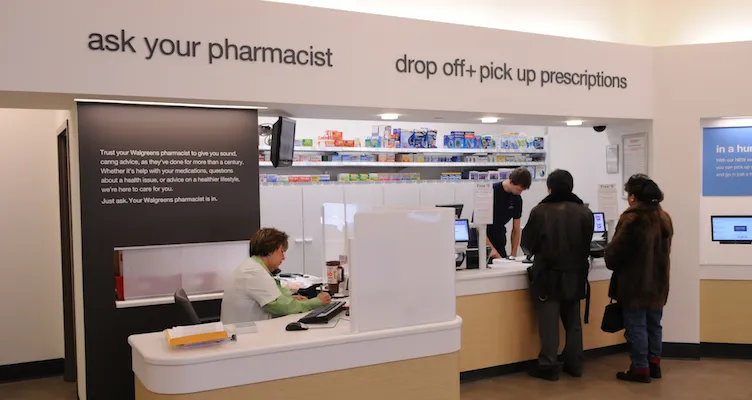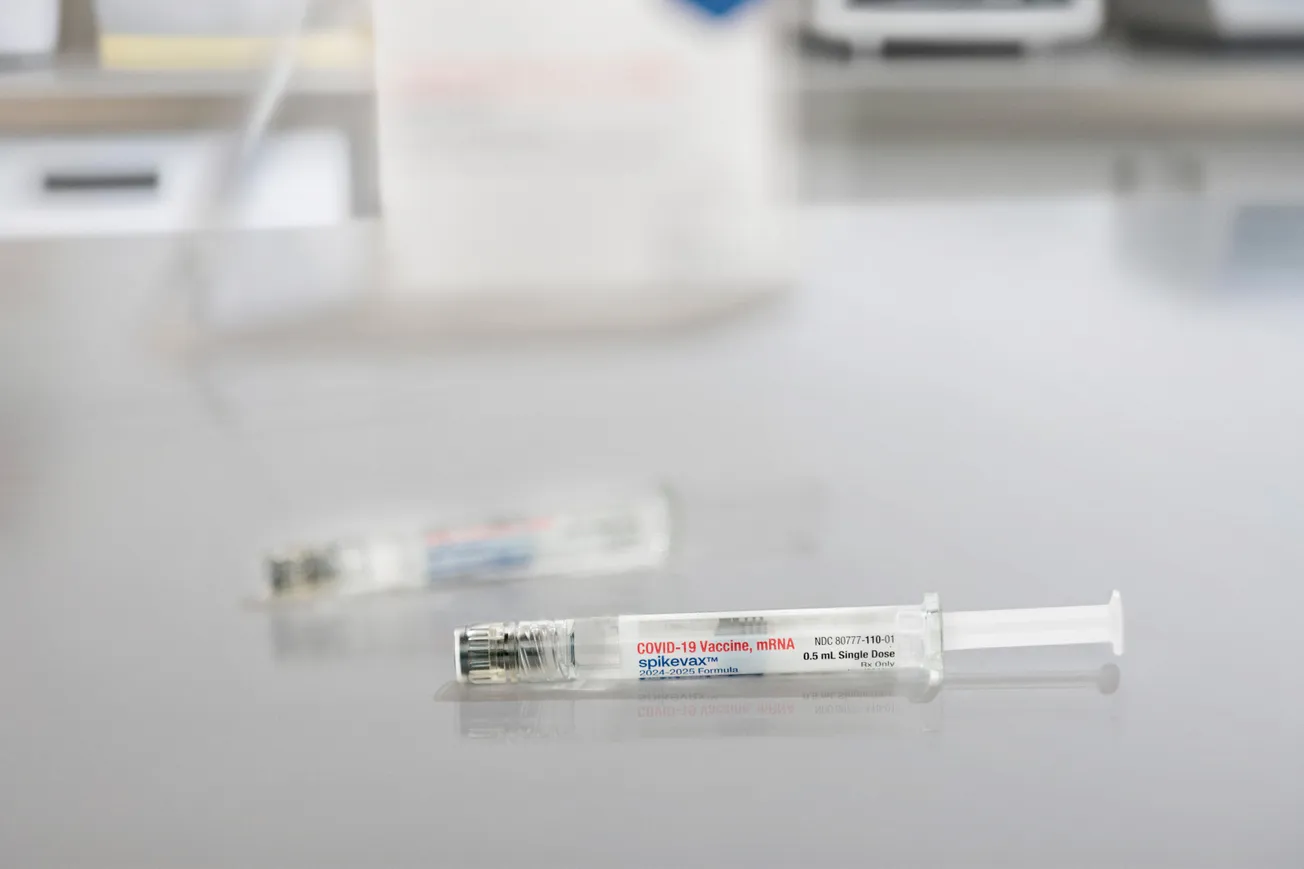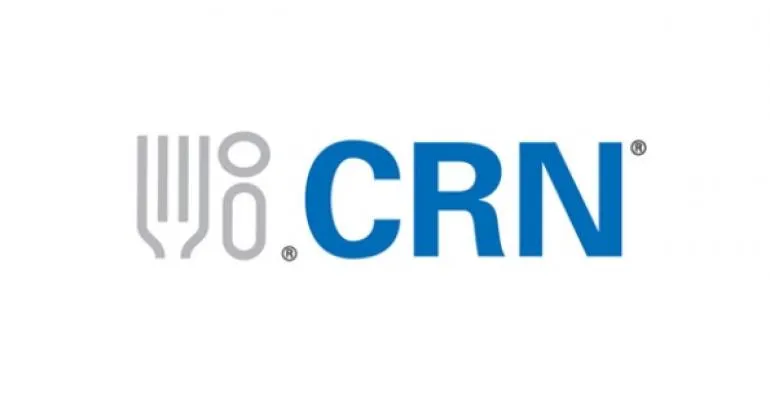DEERFIELD, Ill. — New research by Walgreens finds that pharmacist interventions can play a key role in improving patients’ medication adherence and achieving related health care benefits.
Walgreens said Monday that the study, titled “Improving Medication Adherence and Healthcare Outcomes in a Commercial Population Through a Retail Pharmacy Chain,” is one of the first to quantify the total savings that such an approach to medication management can generate for patients and payers.
Conducted as a collaboration between Walgreens Health Services and Outcomes Research and IMS Health, the study assessed patients starting new medications across 16 drug classes. Researchers analyzed the difference in outcomes between patients who received pharmacy interventions at Walgreens and a control group of matched non-Walgreens control patients over a six-month period.
The interventions included pharmacist consultations — face to face and via phone — and reminders for prescription refills and pickup via automated calls, text messages and email.
Benefits for the patient group receiving pharmacy interventions, the study revealed, included a total six-month cost savings of $164, or 3% per patient; 3% greater medication adherence; almost 2% fewer hospital admissions; nearly 3% fewer emergency room visits; and $38 lower emergency room costs per patient.
“This data demonstrates that reaching patients when they start new medications through multiple pharmacy-led channels, including one-on-one consultations, can play an important role in driving better health outcomes,” Walgreens chief medical officer Harry Leider said in a statement. “These interventions, along with ongoing support from pharmacy staff, translate into patients being less likely to end up in high-cost settings like the hospital or emergency room.”
The study was presented at the Academy of Managed Care Pharmacy (AMCP) Conference in Orlando, Fla. The Walgreens Health Services and Outcomes Research team consists of scientists and analysts who evaluate the impact of products and services to improve health status, quality of care and health care costs.









